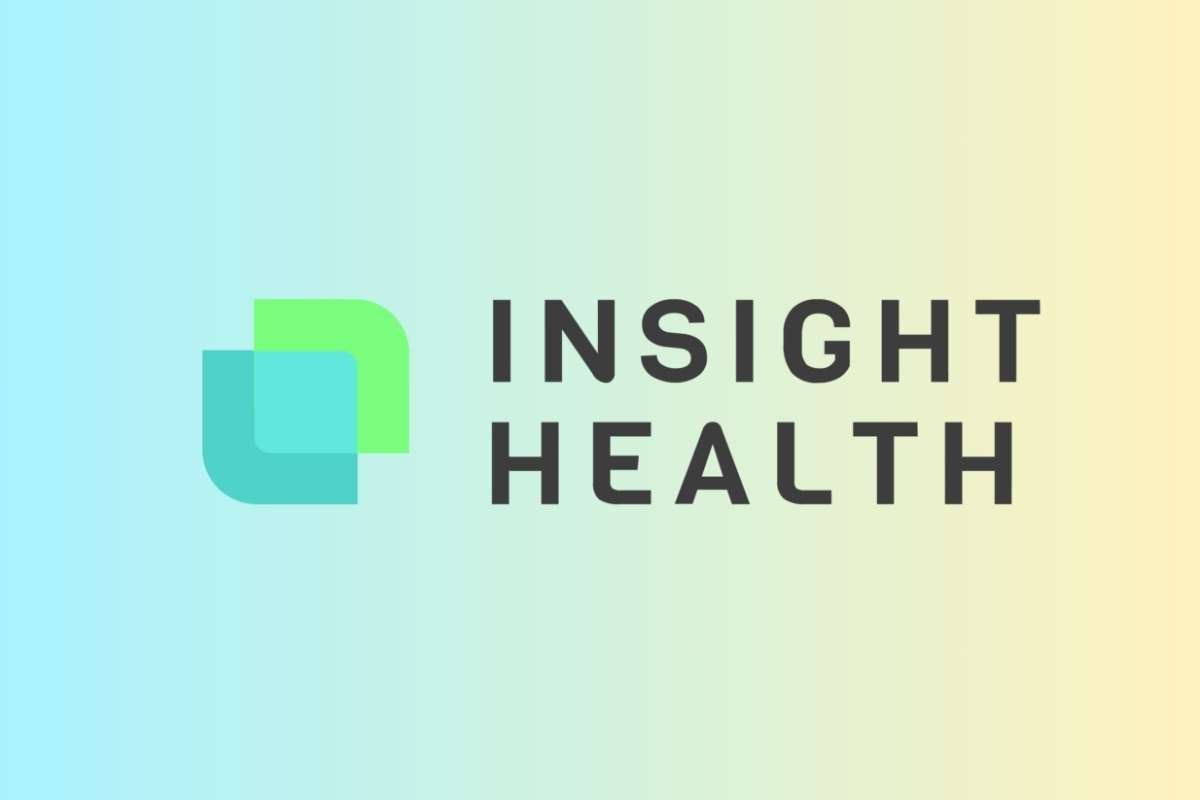(Source – scrippsnews)
The CDC’s National Center for Health Statistics reported a 12% rise in premature birth rates, defined as delivery before completing 37 weeks of pregnancy. Additionally, early-term births, occurring between 37 to 38 completed weeks, saw a significant 20% increase during the same period, compared to full-term births at 39 to 40 weeks.
New data from the Centers for Disease Control and Prevention (CDC) reveals a concerning increase in preterm and early-term births in the United States from 2014 to 2022, posing risks to the health of newborns.
The analysis specifically focused on singleton births, excluding multiple births like twins and triplets, as they tend to occur at earlier gestational ages.
The Significance of Gestational Age
The authors of the report emphasized the significance of gestational age in predicting short- and long-term health outcomes. While births delivered preterm face the greatest risk of adverse outcomes, the risk is also heightened for early-term births compared to full-term ones.
Dr. Céline Gounder, a CBS News medical contributor and public health editor-at-large for KFF Health News, expressed concern about the shift toward premature births during an interview on “CBS Mornings.” She highlighted potential complications for babies born even early term, including underdeveloped lungs, difficulty regulating temperature and blood sugar, and challenges with feeding, often requiring extended hospital stays for support.
The report addresses the crucial question of what might be driving this trend toward premature births. Dr. Gounder acknowledged that while some cases result from early induction and cesarean sections, the trends in these practices have actually been decreasing over the last decade.
Increasing Number of Women Giving Birth at an Older Age
One contributing factor is the increasing number of women giving birth at an older age, which inherently raises the risk of preterm birth. However, the rise in premature births was observed across all age groups. Obesity, high blood pressure, and diabetes were identified as additional risk factors, with these health issues increasing the likelihood of preterm and early-term births.
Although obesity itself may not directly cause premature births, complications associated with obesity, such as preeclampsia, contribute to the risk. Dr. Gounder emphasized the importance of addressing these health concerns before pregnancy, as waiting until pregnancy occurs may be too late.
For pregnant individuals, Dr. Gounder recommends consulting a healthcare professional sooner if experiencing headaches, changes in urination, or increased blood pressure. Access to healthcare is also crucial, and approximately one-third of people lack health insurance through their jobs. Dr. Gounder encourages those without insurance to explore options such as the Affordable Care Act, marketplace plans, or Medicaid for obtaining necessary care.
The rise in premature and early-term births underscores the need for proactive healthcare measures and lifestyle considerations to ensure the well-being of both mothers and infants during pregnancy.










